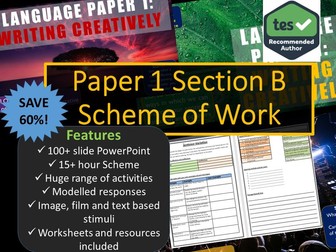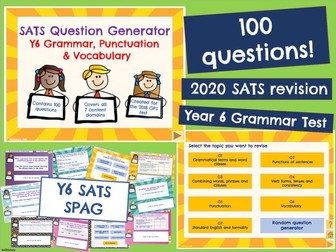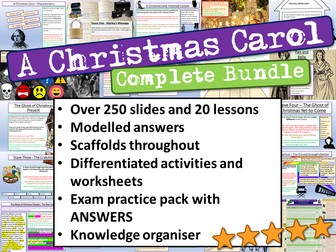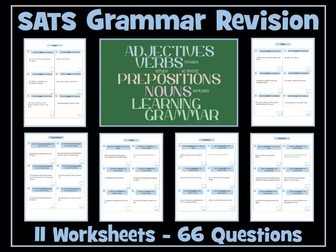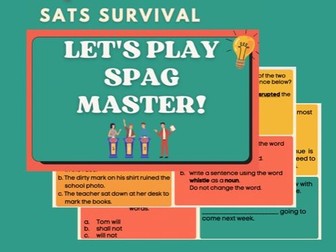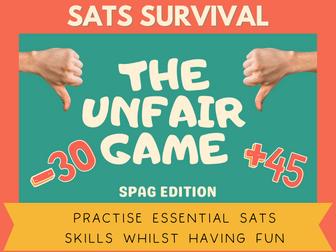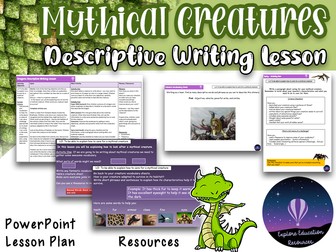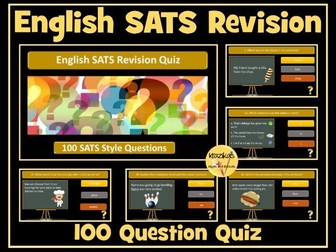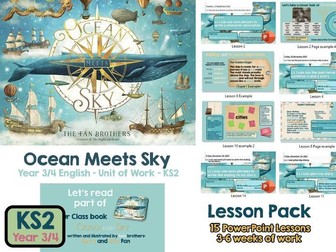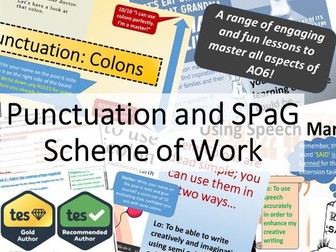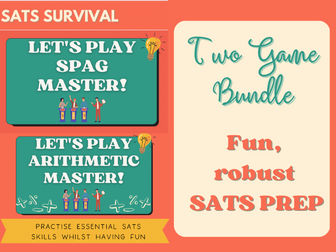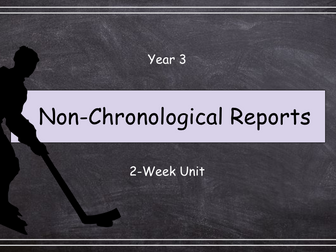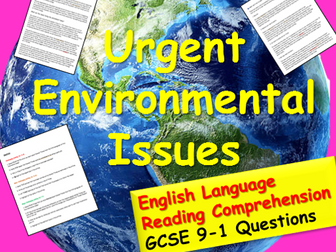Bundle

Creative Writing Scheme of Work GCSE
Full scheme of work covering all aspects of creative writing. Ideal in preparing students for GCSE English Language Paper 1, Section B.
Designed with the very latest developments in the 9-1 specification in mind, this is best suited to the AQA syllabus but would be equally useful for both KS3 prep and other exam boards.
Please see individual resources for more details. The lessons all work well as stand-alone, but if being used in sequence, the scheme runs as follows:
Lesson 1 - Vocabulary
Lesson 2 - Sensory Description
Lesson 3 - Devices and Techniques
Lesson 4 - Narrative and Descriptive Openings
Lesson 5 - Sentence Variation
Lesson 6 - Characterisation
Lesson 7 - Narrative Structure
Each lesson takes the form of a ‘masterclass’; each masterclass is packed with a range of activities that will enable your students to truly embed and master each aspect of creative writing. Each ‘lesson’ is probably going to take in excess of 2 hours to get through - you may wish to ‘pick and choose’ activities, or take your time with each skill area and cover them in depth.
Great value bundle, save yourself over 60% compared to buying these resources separately.
If you loved the resource and think it’s worth 5 stars, why not get another one absolutely free?
Simply leave a review, email ireviewedajs@outlook.com with your TES username and state the free resource* you would like!
(Free resource cannot exceed the value of the original resource purchased)
